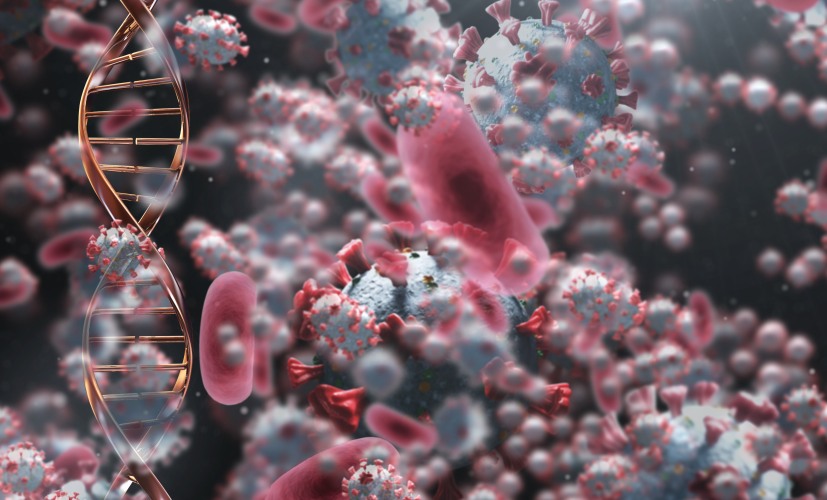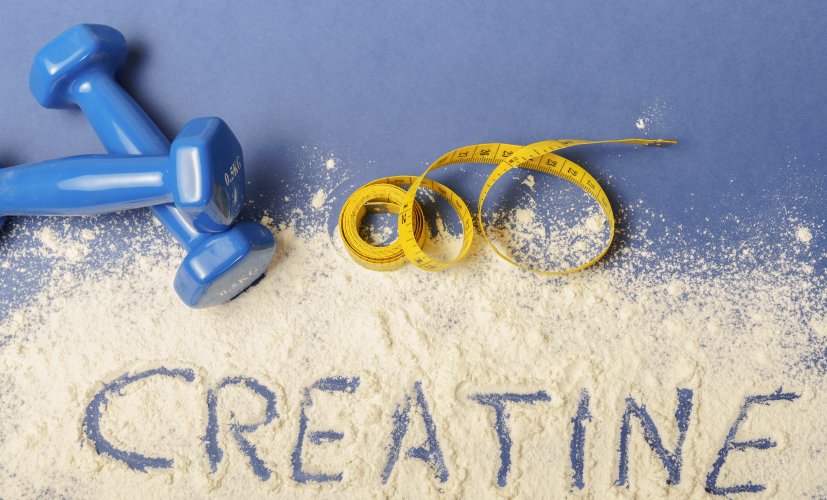
The Christmas fast is undoubtedly that time of the year when we turn to ourselves to start the new year "clean" with the celebration of Christmas. We free ourselves not only spiritually from negative thoughts and emotions but also physically from harmful accumulations in the body. However, in our desire to be strict, we often subject our bodies to far greater health challenges than just a meat-free diet.
The so-called Nativity Fast is not the strictest of the year, but if we are not careful with detoxing, we risk losing essential nutrients, vitamins, minerals, and trace elements. Experts agree that strict abstinence from protein foods is only for those in good physical and mental health. Anyone with an underlying condition, recovering from surgery, or suffering from deficiencies should approach a carbohydrate-based diet with caution. Fasting is strictly forbidden for children and pregnant women, while other at-risk groups are advised to supplement their diet with essential nutrients and amino acids or skip fasting altogether.
The Secret of Vitamins
Animal proteins, which are excluded during fasting, are rich in B vitamins. These vitamins help break down carbohydrates into glucose, support stomach and intestinal health, and play a fundamental role in the nervous system, DNA synthesis, and metabolism of all tissues and cells in the body. In other words, they help convert nutrients into energy. Without them, memory weakens, headaches appear, and the digestive system experiences shock from an inability to process carbohydrate-rich foods. A severe B12 deficiency can even trigger serious anemia.
To compensate during fasting, focus on grains, legumes, raw nuts, leafy greens, and root vegetables. You can also rely on B-complex supplements available in pharmacies and health stores.
Fasting also deprives us of two other essential vitamins – Vitamin D and Vitamin C. While the latter is easily obtained from citrus fruits, Vitamin D is found in limited foods, most of which are prohibited during fasting, such as red meat, liver, and egg yolk.
Known as the "sunshine vitamin," Vitamin D helps absorb calcium, which is essential for strong bones and teeth. It also supports the immune and nervous systems, aids in potassium and phosphorus metabolism, and helps prevent autoimmune diseases. One of the few ways to obtain it during deficiency is through supplements available in pharmacies.
The Strength of Iron
Without meat, eggs, and dairy, the body struggles to get enough iron. Adults need at least ten milligrams per day, while children, pregnant women, and athletes require even more.
Iron is a crucial component of hemoglobin and myoglobin. Hemoglobin transports oxygen in the blood, while myoglobin stores oxygen in the cells. This is why people with iron deficiency feel fatigued and lack energy. Iron also plays a role in collagen synthesis, influencing the condition of skin, hair, nails, bones, tendons, and muscles. It ensures normal brain function and positively affects the immune system.
To prevent iron deficiency during fasting, include raisins, dried fruits, plums, broccoli, spinach, and cabbage in your diet, but always in combination with Vitamin C. Without it, the body cannot properly absorb the necessary iron.
Seafood Saves the Body
Few people know that seafood is not forbidden during the Christmas fast. Fish, mussels, shrimp, squid, octopus, crabs, and whelks are valuable foods that help prevent nutrient deficiencies. They are allowed on most fasting days leading up to Christmas.
Fish and other seafood are excellent sources of Omega-3 fatty acids and powerful antioxidants. Studies show that fish lowers blood pressure, cholesterol, and triglyceride levels. It is essential for brain function and helps prevent depression. Sufficient Omega-3 intake improves mood, which is especially beneficial during the Christmas and New Year holidays.
Whatever food you choose during fasting, experts emphasize the importance of variety. Strict abstinence is not a trend or a weight-loss method, so it should not be abused. If you decide to welcome Christmas purified, do so in a healthy and safe way.
How to Fast Properly?
- Compensate for the lack of animal proteins with plenty of legumes and combine them with grains.
- Ensure adequate iron intake by consuming foods rich in Vitamin C, as this vitamin enhances iron absorption—peas, cauliflower, cabbage, peppers, onions, sorrel, nettle, beets, citrus fruits, apples, etc.
- Include foods that provide calcium, such as whole grain bread, nettle, spinach, nuts, dried fruits, and legumes.
- Eat whole grains, as they are rich in minerals and B vitamins.
- Drink enough water (at least 1.5–2 liters per day). Herbal teas are also beneficial.
- Consume a variety of foods to provide your body with all the necessary nutrients, minerals, salts, and vitamins.





